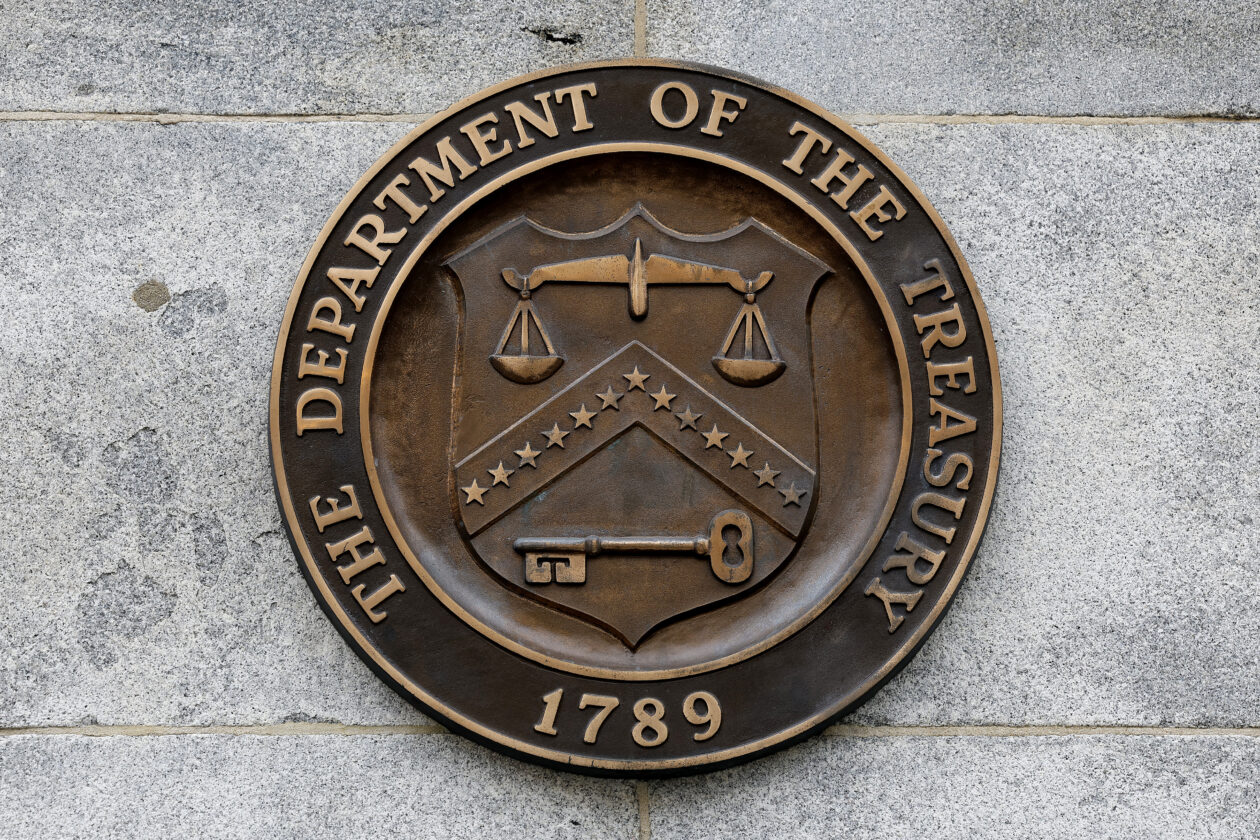Decentralized finance (DeFi) services threaten national security and need to comply with anti-money laundering and terrorist financing laws, the U.S. Treasury Department said in a report published on Thursday.
See related story: US Treasury says Congress needs to act to mitigate crypto risk to stability
Fast facts
- The Treasury Department said that DeFi services which are non-compliant with anti-money laundering and countering the financing of terrorism (AML/CFT) controls pose the most significant risk of illicit finance, as they allow criminals to exploit their services with ease.
- DeFi services must comply with AML/CFT obligations, regardless of their claim to be “fully decentralized,” as they are still considered financial institutions under the Bank Secrecy Act (BSA), according to the report.
- “Our assessment finds that illicit actors, including criminals, scammers, and North Korean cyber actors, are using DeFi services in the process of laundering illicit funds.” Brian Nelson, the Treasury’s under secretary for terrorism and financial intelligence, said in a statement.
- Nelsons added that the private sector should use the assessment findings to inform their risk mitigation strategies and take clear steps to prevent illicit actors from abusing decentralized finance services.
- The Treasury recommended the U.S. government enhance its existing supervision and enforcement by requiring DeFi services to adhere to the same anti-money laundering rules that banks and financial institutions must follow under the BSA.
- The department additionally called for more guidance for the private sector on DeFi compliance and to close regulatory gaps for platforms offering DeFi services.
- The report is a part of the Biden administration’s efforts to enforce a broader regulatory framework for digital assets. In March 2022, President Joe Biden signed an executive order directing federal agencies to assess the benefits and risks of digital assets. In Oct. 2022, the Treasury released a report on countering illicit finance risks from crypto assets.
- U.S. regulators have recently been clamping down on cryptocurrency businesses, with the Securities and Exchange Commission and the Commodity Futures Trading Commission taking actions against major exchanges.
See related story: US Treasury seeks public opinion on digital asset risks

